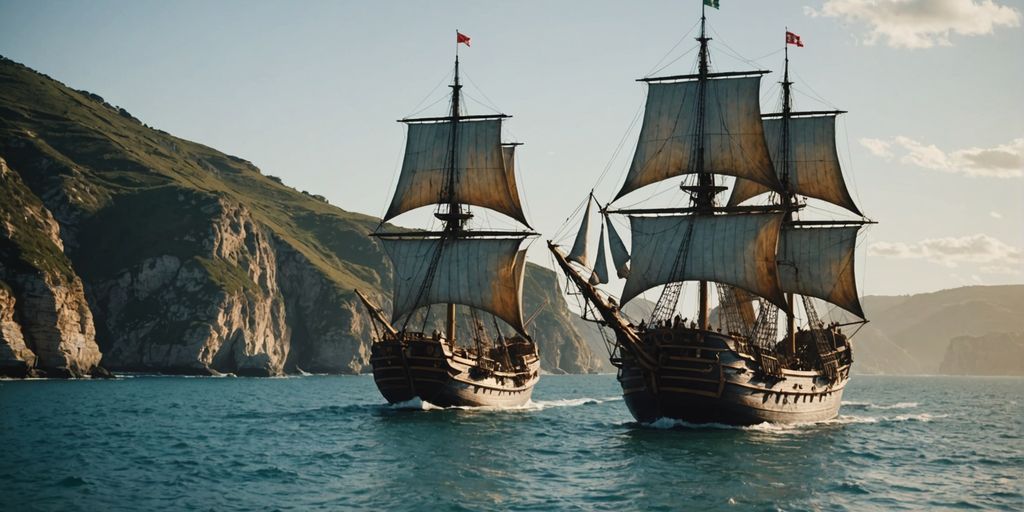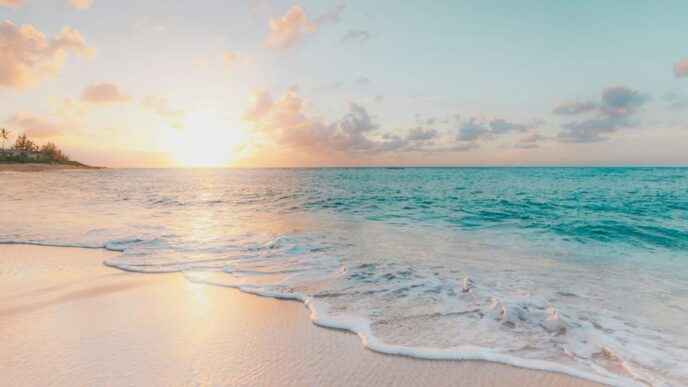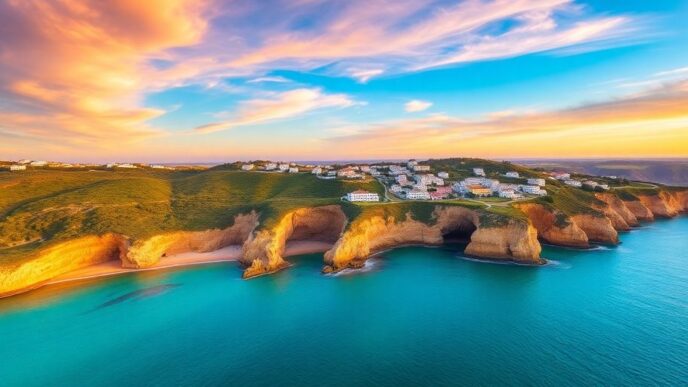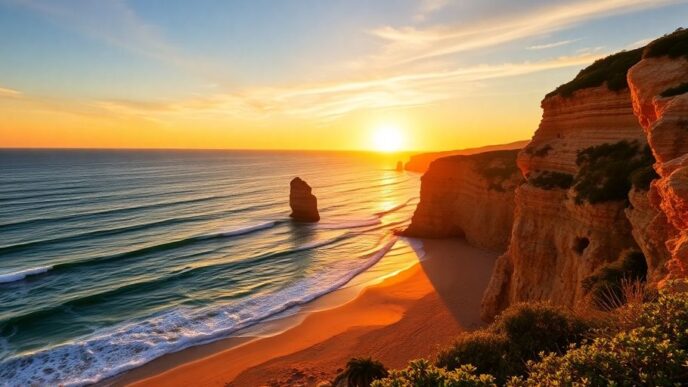Origins of the Portuguese Age of Discovery
The Portuguese Age of Discovery began with Prince Henry the Navigator, who sparked maritime exploration along the African coast. This era was influenced by the Reconquista, a period of Christian-Muslim conflict. Sagres, a strategic location in Portugal, played a crucial role in these early explorations.
Technological Advancements
During the Portuguese Age of Discovery, advancements in ship design, navigation tools, and map-making played a crucial role. Caravel ships, improved compasses, and detailed maps were key innovations. These advancements enabled explorers to travel further and more accurately. The development of new navigational instruments like the astrolabe and quadrant enhanced maritime exploration. Innovations in cartography, such as the use of latitude and longitude lines, revolutionized map-making. These technological improvements revolutionized maritime travel and exploration during the Age of Discovery.
Key Explorers and Voyages
During the Portuguese Age of Discovery, notable explorers and their voyages shaped history. Henry The Navigator played a crucial role in initiating this era of exploration. Vasco da Gama’s journey to India, Pedro Álvares Cabral’s expedition to Brazil, and Ferdinand Magellan’s circumnavigation were significant voyages that expanded geographical knowledge and trade routes.
Impact on Global Trade
The Portuguese Age of Discovery led to the establishment of new trade routes, introduction of different goods, and a shift in economic power. This had a significant impact on global trade. It changed the way countries traded with each other. This also influenced the economy of many nations. The Portuguese explorers opened up new opportunities for trade. They brought back spices, silk, and other valuable goods. These goods were in high demand in Europe. As a result, the global economy expanded. Moreover, the Portuguese controlled key trade routes. This gave them an advantage in the trading world. They became a dominant force in global trade. Their influence shaped the future of international commerce. The Portuguese Age of Discovery left a lasting impact on global trade.
Cultural Exchange and Colonization
The Portuguese Age of Discovery led to the spread of Christianity and interactions with Indigenous Peoples. Colonial Administration was also established, shaping the future of global trade and cultural exchange. The impact of Portuguese exploration on the world was profound, influencing the course of history.













